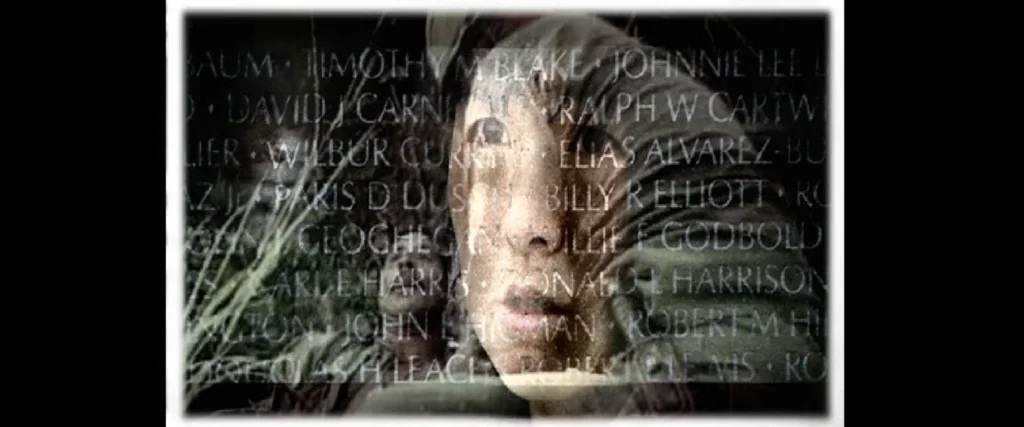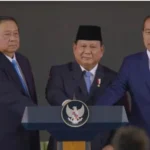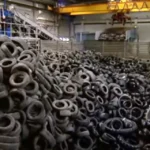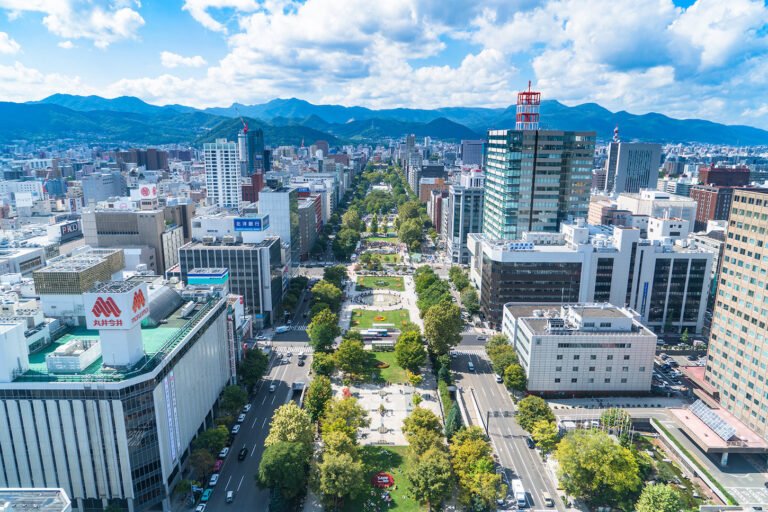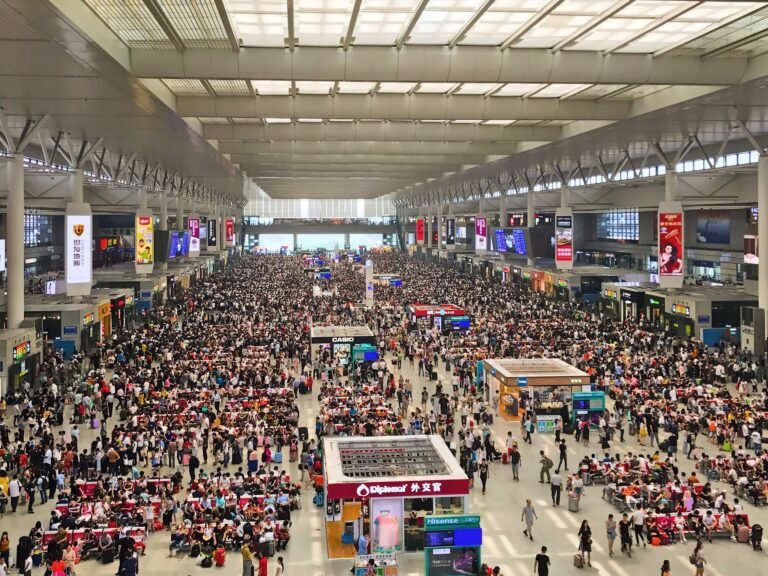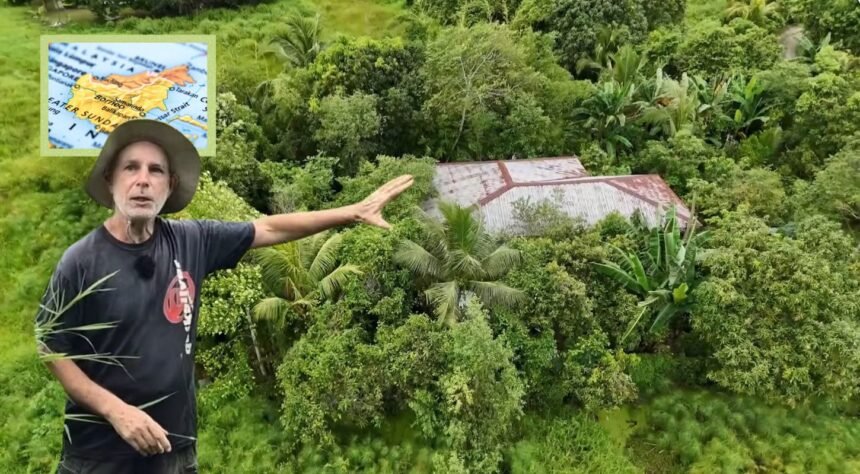Image: The Vietnam Memorial in Washington USA- by Maya Lim. by mrbill78636 is licensed under CC BY 2.0.
During the Vietnam War, the United States dropped an estimated 7.5 million tons of bombs on Vietnam, Laos, and Cambodia. This was the largest aerial bombardment in history, surpassing the total tonnage dropped by the U.S. in World War II. The U.S. military presence in Vietnam significantly escalated in 1965 and peaked in 1969 with 543,000 troops stationed there- withdrawing troops in 1973.
Hanoi, Vietnam – The suspension of U.S. Agency for International Development (USAID)-funded projects in Vietnam is expected to have significant consequences on both human and environmental safety, particularly in areas affected by unexploded ordnance (UXO) and dioxin contamination (bombs) officials have warned.
The decision follows a recent directive from the U.S. administration to halt all foreign assistance programs for 90 days. The move has disrupted crucial humanitarian efforts, particularly at Bien Hoa Airbase in Dong Nai Province, where UXO clearance and dioxin remediation efforts have been ongoing.
Concerns Over Safety and Environmental Impact

Vietnamese Foreign Ministry spokesperson Ms Pham Thu Hang addressed the issue during a regular press briefing in Hanoi, stressing the importance of USAID’s contributions.
“Vietnam pays great attention to U.S. decisions regarding USAID,” Hang stated. “The suspension of support programs—especially those focused on UXO clearance and dioxin remediation—will severely affect human safety and the environment in these project areas.”
“These projects have brought tangible benefits to many Vietnamese communities, significantly improving the quality of life for thousands of citizens,” Hang added.
Quang Tri Province Feels the Impact
The effects of the suspension are already being felt in north-central Quang Tri Province, where UXO clearance projects have been halted. On February 8, the Department of External Relations in Quang Tri confirmed in a press release that all U.S.-funded projects in the province are on hold due to the aid freeze.
“The province is facing major challenges due to the temporary suspension of crucial UXO clearance projects, which were funded by the U.S. Department of State through organizations such as the Mines Advisory Group, Norwegian People’s Aid, and PeaceTrees Vietnam,” the statement read.
A Legacy of Assistance in Vietnam
Founded in 1961 under U.S. President John F. Kennedy, USAID was established to advance U.S. foreign policy interests and counter Soviet influence during the Cold War. Over the decades, it has evolved into the world’s largest development aid agency, funding humanitarian and development programs across more than 130 countries.
In 2023 alone, USAID allocated over $43 billion in foreign assistance, covering sectors such as health, education, and military aid.
For Vietnam, USAID-funded programs have played a pivotal role in addressing war legacies, including clearing UXO-contaminated land and tackling dioxin pollution at former U.S. military bases. The suspension of these initiatives has raised concerns about long-term environmental and public health consequences.
“The immediate effects of this suspension are clear,” said an environmental expert familiar with the UXO clearance efforts in Vietnam. “Delays in dioxin remediation and bomb disposal can put lives at risk and stall years of progress.”
As the 90-day aid suspension continues, Vietnamese officials and humanitarian organizations remain hopeful that USAID’s crucial programs will soon resume, ensuring that decades of post-war recovery efforts are not derailed.

